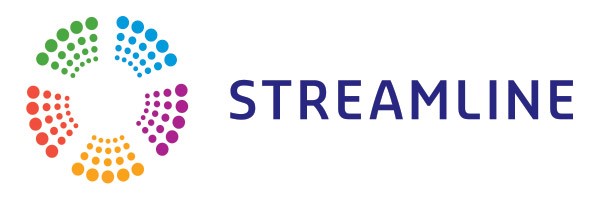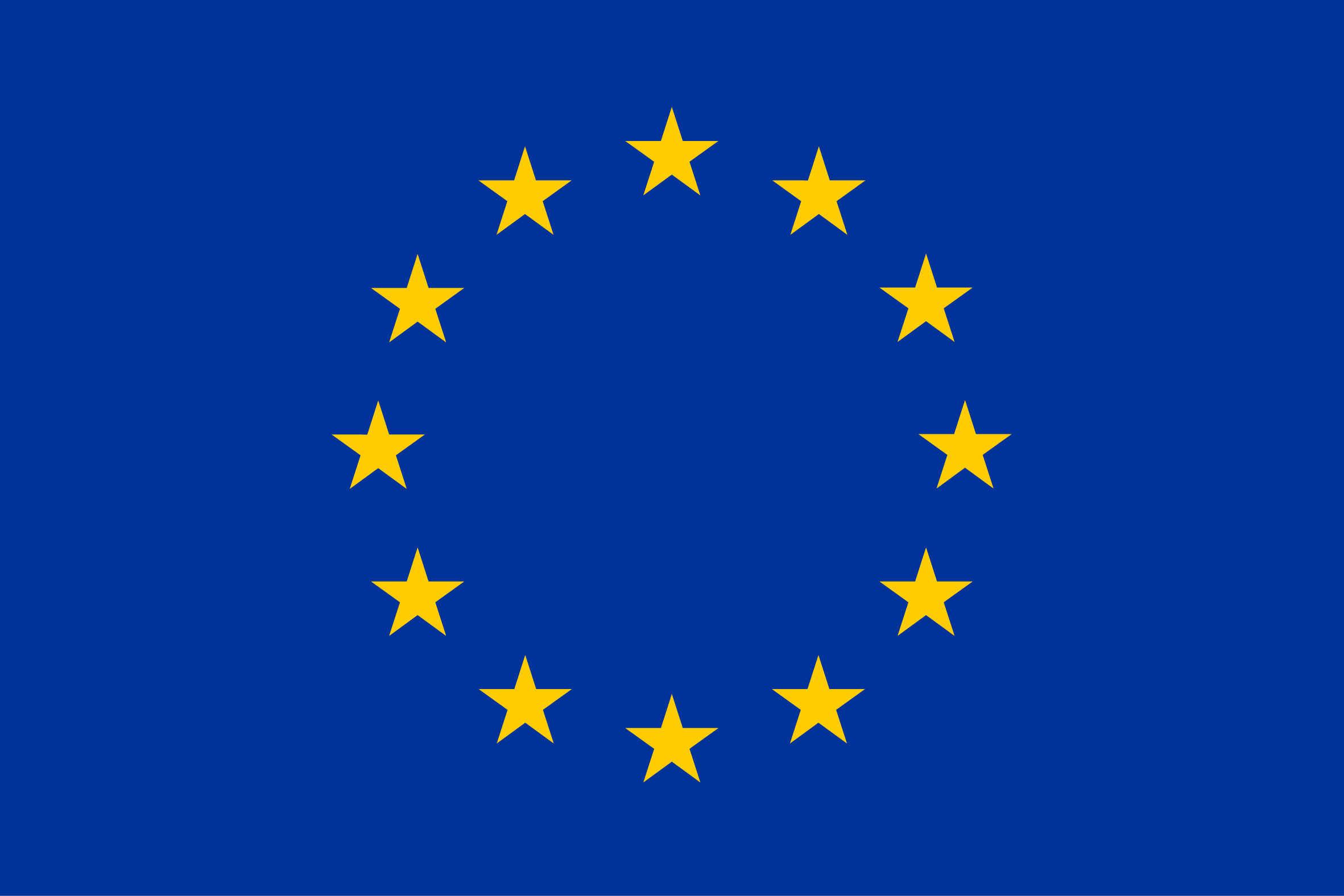- Home
- Events
- Conferences and Workshops
- 2023
- XSMM 2023
XSMM 2023
Workshop on
X-ray Spectroscopy of Magnetic Materials:
Emerging Opportunities at the 4th Generation Synchrotrons
ESRF - Grenoble - France
11 - 12 & 13 December 2023
|
Scope
The advent of the third-generation synchrotron radiation facilities offered the scientific community remarkable sources of X-rays with greatly improved flux and full polarization control. As a result, polarization dependent X-ray spectroscopy has become a workhorse technique in the study of magnetic materials conquering objectives that previously would have been unattainable. To remain at the forefront in magnetism research, however, requires continued improvements to both the source and the beamline instrumentation with enhanced sample environments. The ESRF-EBS delivering polarized X-rays with unprecedented brightness has greatly strengthened our capabilities in exploiting advanced spectroscopy tools to the magnetism community.
This 2.5 day workshop, which will bring together the experts within the field, will allow for a comprehensive view of the latest achievements and envisioned developments in absorption and emission X-ray spectroscopic techniques applied to magnetic materials. During the meeting, we will seek to highlight the emerging new opportunities for magnetism research offered by the ESRF-EBS as well as upcoming upgrades at other synchrotron radiation facilities.
This workshop is intended to create a friendly environment aiming to attract new users and to establish new collaborations. It will consist of mainly invited talks with ample time reserved for questions and discussion as well as a poster session. For early stage researchers and non-expert users, a tutorial session on the use of X-ray sum rules and advanced simulations of X-ray spectra will be organized.
The workshop is open to all interested researchers, but the number of participants will be limited to approximately 60. There is no registration fee and meals and accommodation during the workshop will be provided free of charge. A limited number of bursaries are available for PhD students and early stage researchers working in the field.
Deadline for registration for the workshop is on Friday 10th November.
This is an in-person workshop and it is funded by EU project Streamline and the ESRF.
List of invited speakers
Aubert Alex, Technical University Darmstadt, Germany
Brookes Nick, ESRF Grenoble, France
Chaix Laura, CNRS Grenoble, France
Chumakov Alexander, ESRF Grenoble, France
Clerac Rodolphe, CNRS Bordeaux, France
Dürr Hermann, Uppsala University, Sweden
Elnaggar Hebatalla, Sorbonne University Paris, France
Haverkort Maurits W., Heidelberg University, Germany
Joly Yves, CNRS Grenoble, France
Kawamura Naomi, Spring-8 Hyogo, Japan
Kolomiyets Oleksandr, Lviv University, Ukraine
Kummer Kurt, ESRF Grenoble, France
Kuschel Timo, Bielefeld University, Germany
Laguna Marco Maria Angeles, University of Zaragoza, Spain
Magott Michal, Jagiellonian University Krakow, Poland
Mannini Matteo, University of Florence, Italy
Ney Andreas, University of Linz, Austria
Nicolaou Alessandro, Synchrotron Soleil Gif-sur-Yvette, France
Ollefs Katharina, University of Duisburg-Essen, Germany
Rentschler Eva, Johannes-Gutenberg-Universität Mainz, Germany
Retegan Marius, ESRF Grenoble, France
Rogalev Andrei, ESRF Grenoble, France
Sahle Christoph, ESRF Grenoble, France
Scagnoli Valerio, PSI Villigen, Switzerland
Shatruk Mike, University of Florence, Italy
Skokov Konstantin, TU Darmstadt, Germany
Tegomo Chiogo Bodry, Helmholtz Zentrum Berlin, Germany
van der Laan Gerrit, Diamond Light Source Didcot, UK
Wilhelm Fabrice, ESRF Grenoble, France
Yaresko Alexander, MPI for Solid State Research Stuttgart, Germany
Yutronkie Nathan, ESRF Grenoble, France
 |
This project has received funding from the European Union’s Horizon 2020 research and innovation programme under grant agreement No 870313. |




